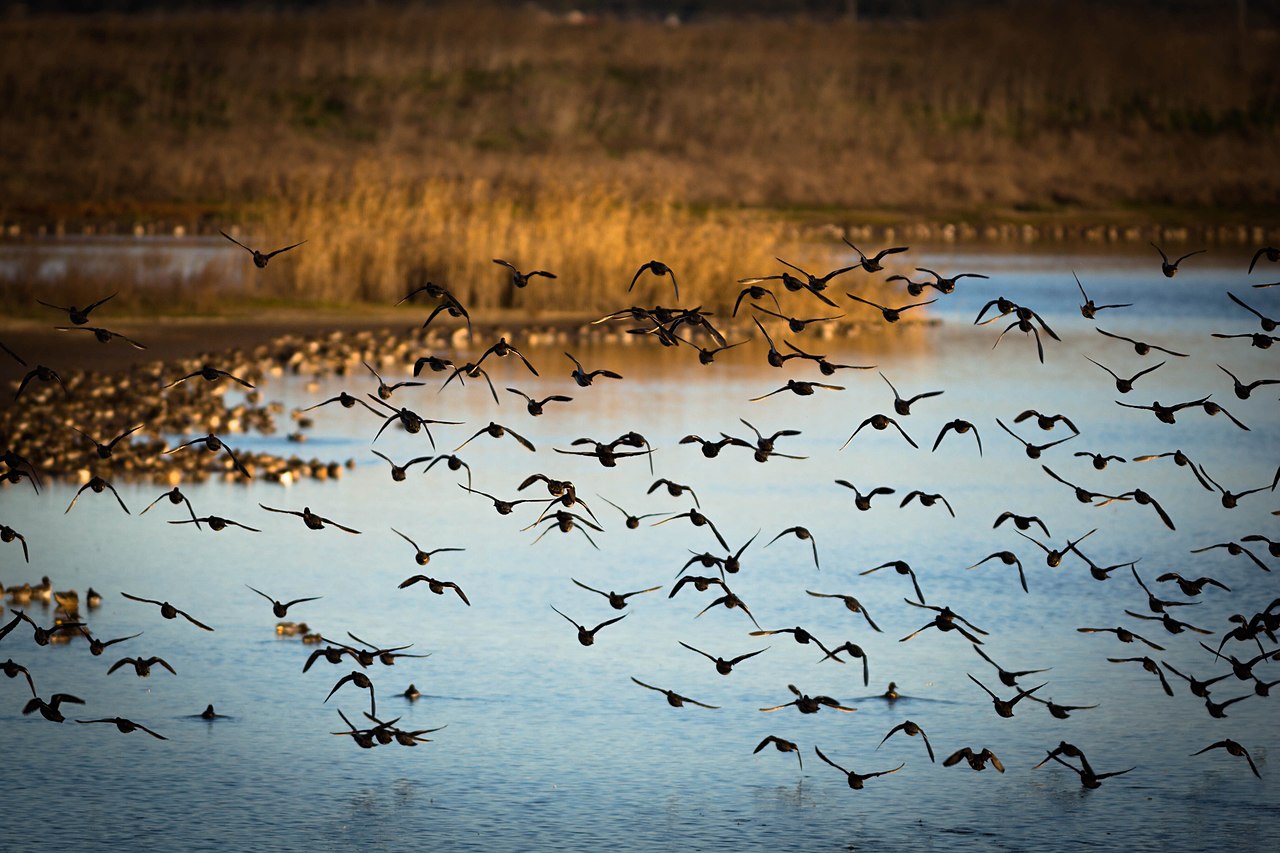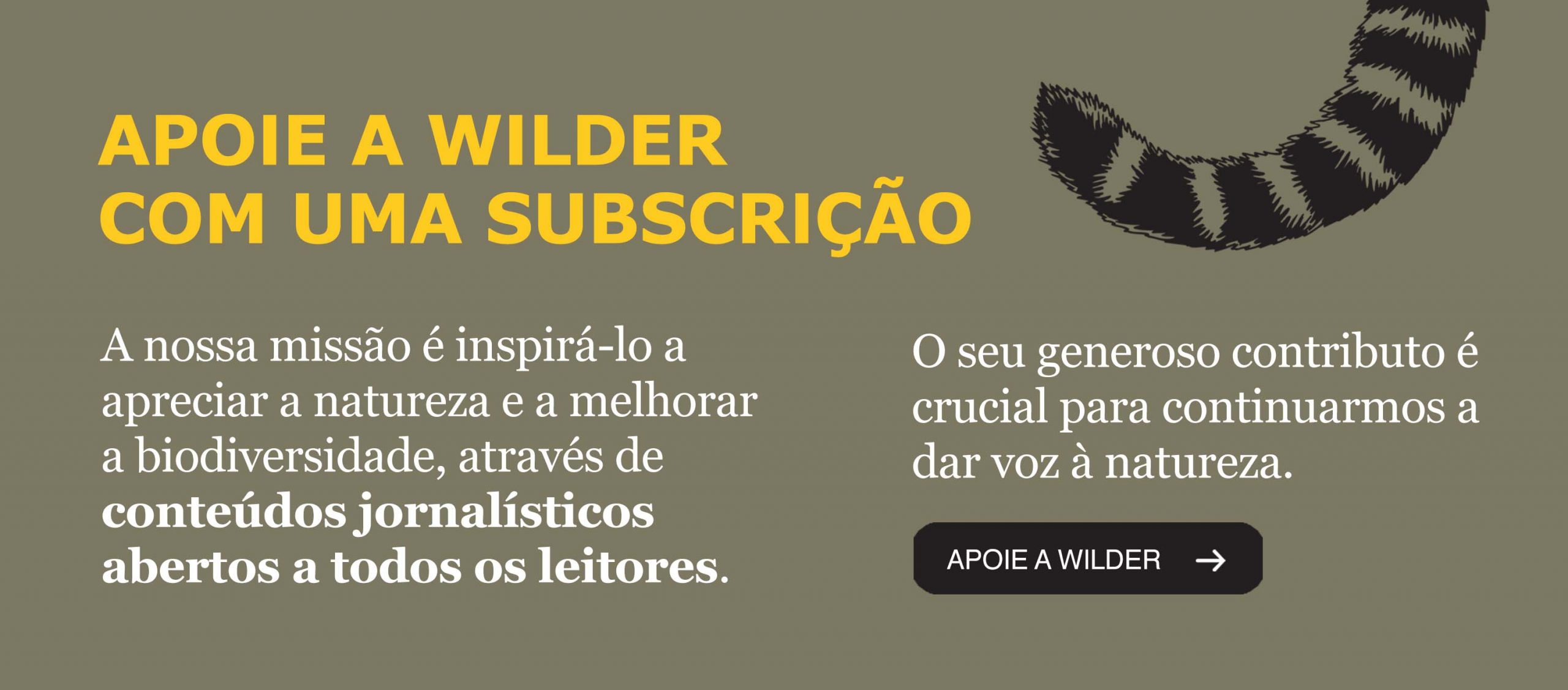The Portuguese Society for the Study of Birds (SPEA) and two researchers have lodged a complaint against the Portuguese government, accusing it of violating AEWA, an international agreement that protects 255 species of migratory waterbirds.
At stake are the negative impacts of the possible construction of a new airport at Montijo for many migratory birds that use the Tagus Estuary as an important site for feeding and roosting. The final declaration of environmental impact was emitted by the Portuguese Environment Agency on the 21st of January.
“As I see it, the environmental issues are much more important than short-term profits created at the expense of irreplaceable natural heritage,” emphasises José Alves, a researcher at CESAM – the Centre for Marine and Environmental Studies (University of Aveiro) who signed the complaint jointly with SPEA and a researcher from MARE – the Marine and Environmental Sciences Centre (ISPA).
“This option [at Montijo] could potentially be the quickest and cheapest in the government’s accounting, because the the costs of construction are borne by ANA [the Portuguese Airport Authority], but the loss of ecological value from this work is from Portugal and the Portuguese rather than a private company, so that cost isn’t accounted for,” he adds.
Portugal is one of the signatory members of AEWA (Agreement on the Conservation of African-Eurasian Migratory Waterbirds), along with the European Union and 78 other countries, and therefore has to follow its resolutions. This intergovernmental accord covers 255 species of birds that depend on wetlands. It is part of the Convention on Migratory Species and is administered by UNEP (United Nations Environmental Programme).
Motivating this complaint are the criticisms launched by SPEA and by specialists in migratory birds, including José Alves, of the way in which the Environmental Impact Assessment (EIA) was handled under the charge of ANA Airports. This company is responsible for the funding, construction and management of the future airport.
One accusation is that, by issuing a favourable declaration of environmental impact, even with conditions, and thus permitting the project to go ahead, “the Portuguese government has not secured a baseline assessment founded on the best available information about these birds’ ecology.”
“The data presented on the loss of habitat for migratory waterbirds is out-of-date (by more than 15 years) and in some cases refer only to a single species (having identified in the same EIA at least 29),” charges the CESAM researcher, who also criticises the fact that the study applied “a model of noise disturbance of birds wrongly, in a way that underestimates, in a highly important manner, the affected area.”
Other deficiencies they point out in the EIA relate to the analysis of problems resulting from human activity in the construction and operation of the airport. The data presented contain “information about the loss of habitat for migratory waterbirds only during the winter period, and absolutely nothing about the migratory periods, during which the Tagus Estuary plays a very important role.”
If the complaint proceeds, the Portuguese government will receive a letter from the AEWA to verify that it is adhering to the agreement it signed in 2004. “I believe that Portugal will have to invite representatives from AEWA to visit the project, and present evidence that they have really followed the so-called agreement,” continues the researcher, adding that this process could reinforce a further complaint with Brussels.


